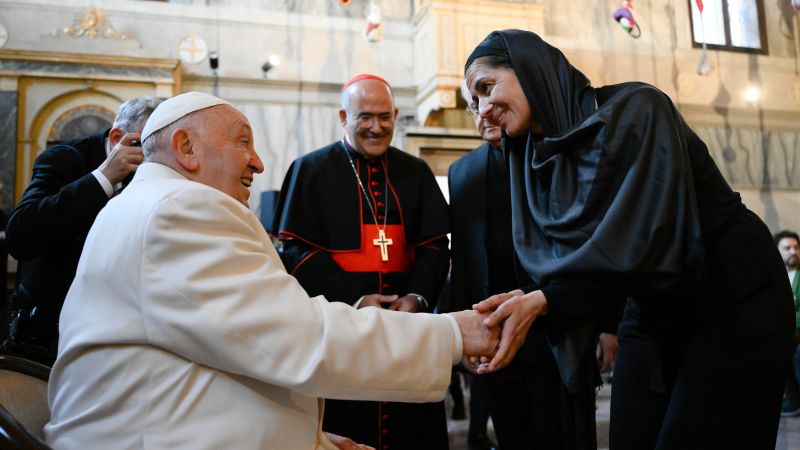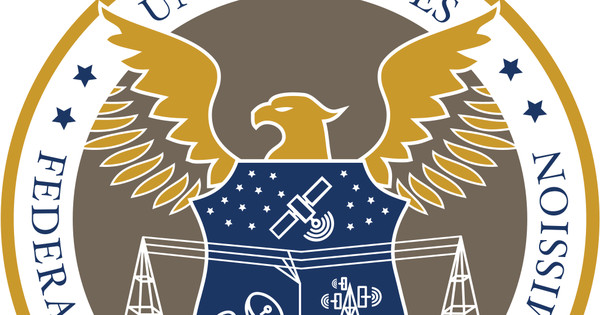NEW YORK, Oct 26 (Reuters) – FTX founder Sam Bankman Freed testified on Thursday in his fraud trial outside the presence of the jury that lawyers for the now-bankrupt cryptocurrency exchange were involved in key decisions at the heart of the case, as he sought to distance himself from liability for any wrongdoing.
Bankman-Fried, who took the witness stand hours after the prosecution concluded its case presented over the course of a 12-day trial, gave testimony that fit the defense’s argument that he acted in good faith while running FTX, which collapsed in November 2022 after a wave of customer withdrawals.
During his questioning by prosecutors, Bankman-Fried often struggled to point to specific conversations in which attorneys approved of his actions and peppered his responses with phrases like: “I’m not trying to make a final legal judgment about what this does or doesn’t do.” He says.”
After being accused of stealing billions of dollars from unwitting clients, Bankman-Fried pleaded not guilty to two counts of fraud and five counts of conspiracy. If convicted, he could face decades in prison. Prosecutors said Bankman-Fried used the embezzled funds to support his cryptocurrency-focused hedge fund, Alameda Research, make investments in speculative projects and donate more than $100 million to U.S. political campaigns.
The 31-year-old former billionaire, who was wearing a gray suit, was summoned to federal court in Manhattan after his lawyers began their defense case with the testimony of two other witnesses.
U.S. District Judge Lewis Kaplan decided that Bankman-Fried would initially present his testimony without the jury present so that he could determine which parts of it, if any, would be admissible as evidence. Prosecutors said Bankman-Fried should not be allowed to suggest that lawyers’ involvement in decision-making showed he lacked criminal intent.
In a confident tone, Bankman-Fried often provided lengthy responses to defense attorney Mark Cohen’s questions.
Bankman-Fried said FTX lawyers were involved in drafting document retention policies, creating a system under which FTX clients deposited their money into a bank account at Alameda, and drafting the loans he and other Alameda executives obtained.
Bankman-Fried encouraged employees to use encrypted messaging platforms like Slack and Signal and automatically delete their communications to cover their tracks, prosecutors said. They also said he stole money by having FTX customers deposit money into accounts controlled by Alameda, which then loaned the money to FTX executives.
[1/5]FTX founder Sam Bankman Fried attends as FBI agent Mark Troiano testifies as Bankman Fried faces fraud charges over the collapse of the bankrupt cryptocurrency exchange, in federal court in New York City, US, October 26, 2023 in this courtroom graphic. Reuters/Jane Rosenberg Obtaining licensing rights
swaying from side to side
During questioning by prosecutor Daniel Sasson, Bankman-Fried swayed slightly from side to side and gestured with his hands while speaking. He often began responses by saying “yes.”
Much of Sasson’s questioning focused on what FTX’s lawyers told Bankman-Fried about the company’s practice of having FTX clients deposit funds intended for the exchange into accounts owned by Alameda, which Bankman-Fried testified had been happening for some time because FTX did not yet have its own accounts. With it. Bank account.
When Sasson asked if he had spoken with lawyers about the “permissibility” of Alameda spending the deposits, Bankman-Fried paused for several seconds and said, “I don’t recall any conversations that were contemporaneous that were phrased that way.”
The judge sent jurors home the next day after Bankman-Fried’s lawyers said they planned to seek testimony from the defendant about FTX’s attorneys’ involvement in key company decisions.
Legal experts said Bankman-Fried had little to lose by bucking conventional wisdom and testifying before a grand jury, given weeks of testimony against him by insiders that painted an unflattering picture of his character. Cohen said Bankman-Fried’s direct testimony to the jury could last nearly five hours, before prosecutors have a chance to question him.
Former close FTX colleagues who testified for the prosecution told jurors that Bankman-Fried directed them to commit crimes by funneling customer money to Alameda and lying to investors and lenders. Bankman-Fried’s risky decision to testify gives prosecutors the opportunity to question him about those allegations.
Three of his former colleagues, who pleaded guilty and agreed to cooperate with prosecutors, tailored their testimony to implicate Bankman-Fried in hopes of getting reduced sentences, his lawyers said. Bankman-Fried maintained that although he made mistakes in running FTX, he never intended to steal the funds.
The prosecution rested after calling a final witness — FBI agent Mark Troiano, who told jurors about Bankman-Fried’s use of Signal. The defense’s first two witnesses are: Crystal Rolle, Bankman-Fried’s attorney in the Bahamas; and database expert Joseph Pimbley.
(Reporting by Luke Cohen and Judy Godoy in New York; Preparing by Mohamed for the Arabic Bulletin) Editing by Will Dunham and Noelle Walder
Our standards: Thomson Reuters Trust Principles.

“Typical beer advocate. Future teen idol. Unapologetic tv practitioner. Music trailblazer.”






/cloudfront-us-east-2.images.arcpublishing.com/reuters/3MYIP46J7NODRL7LXZZLEOYPBE.jpg)
More Stories
FCC reinstates net neutrality by 3-2 vote – News
Shiba Inu Price Prediction – All about the latest SHIB buying opportunity
Long lines form and frustration grows as Cuba runs out of cash